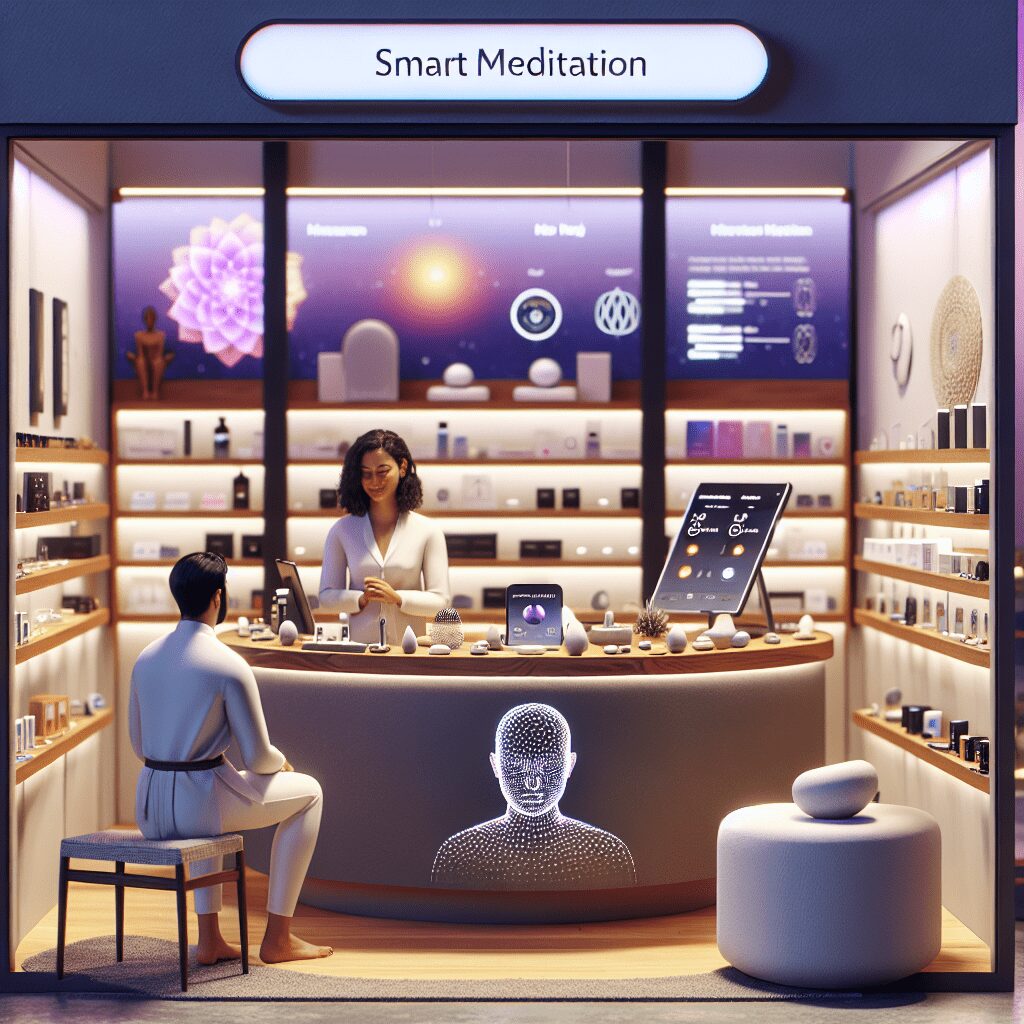
Prioritize your mental well-being daily. Enhance your life by nurturing your mental health with the Smart Meditation app. Break free from stress, alleviate anxiety, and enhance your sleep quality starting today.
Is Zoloft A Good Antidepressant?
Zoloft: The Beacon of Hope in the Battle Against Depression
Navigating through the stormy waters of depression can often feel like an uphill battle. With a plethora of antidepressants available, singling out the right one can be a bit like finding a needle in a haystack. Enter Zoloft, known scientifically as Sertraline, which has been a glimmer of hope for many. But the million-dollar question remains: Is Zoloft really the magic bullet for depression?
The Lowdown on Zoloft: What’s the Buzz?
Zoloft belongs to a class of medications known as Selective Serotonin Reuptake Inhibitors (SSRIs). These nifty little compounds work by increasing serotonin levels in the brain. Serotonin is the key; it’s like the brain’s own brand of sunshine, directly influencing mood, emotions, and sleep. So, boosting serotonin levels can often lead to feeling brighter and more balanced on the emotional front.
But let’s get down to brass tacks. What makes Zoloft stand out among its peers? Well, for starters:
-
Wide Range of Uses: Zoloft doesn’t just throw down the gauntlet with depression; it’s also approved to treat a host of other conditions, including anxiety disorders, PTSD, OCD, and panic attacks. This makes it a bit of a Swiss Army knife in the world of antidepressants.
-
User-Friendly: Compared to some of the other antidepressants, Zoloft is known for being user-friendly, with fewer initial side effects. This is a big deal because let’s face it, who needs additional hassles when you’re already dealing with depression?
-
Research-Backed: There’s a hefty stack of research backing Zoloft’s effectiveness as an antidepressant. Studies have shown it not only helps in alleviating symptoms but in many cases, prevents the recurrence of depressive episodes.
But Wait, There’s a Catch
Before you jump on the Zoloft bandwagon, it’s crucial to understand that it’s not all rainbows and butterflies. Like any medication, Zoloft comes with its own set of potential side effects. Some people might experience nausea, dizziness, sleep disturbances, or a dry mouth. And here’s the kicker – these side effects can sometimes be a deal-breaker, making it imperative to have a heart-to-heart with your healthcare provider to weigh the pros and cons.
Another aspect to consider is that Zoloft isn’t a quick fix. It usually takes a few weeks to start kicking in, and finding the right dosage can be a game of patience and perseverance.
So, Is Zoloft the Answer to Your Prayers?
Here’s the lowdown: Zoloft might be a fantastic option for many, but it’s not a one-size-fits-all solution. Its efficacy and tolerability vary from person to person. The key lies in working closely with a healthcare professional to tailor a treatment plan that fits like a glove.
Moreover, combining Zoloft with therapy, lifestyle modifications, and a strong support system can significantly enhance its effectiveness. It’s all about taking a holistic approach to treatment.
In conclusion, Zoloft could very well be the beacon of hope you’ve been searching for in your battle against depression. Yet, the journey to recovery is a personal one, peppered with trials and triumphs. Here’s to finding the right combination that lights up your path to wellness!




